


WHAT WE OFFER
ACS has extensive experience in moving key workers all over the world. Whether it’s a time-critical mission or a difficult-to-reach location underserviced by scheduled airlines, we can integrate into the logistical demands of any project to keep a range of industries moving, including:
- Oil and gas, energy and mining
- Pharmaceutical
- Engineering and construction
- Military, government and NGO
- Sports and entertainment
- Financial services
- Agricultural
- Travel management
- Shipping and Maritime
WHY USE ACS FOR GROUP AIRCRAFT CHARTERS?
- Flight representation: one of our charter experts can be present on the ground to make sure that all aspects of your group charter run smoothly.
- Create your schedule: fly to your bespoke timetable – whatever your requirements we’ll create the aircraft charter that best suits you and your group.
- Access to more airports: reaching under-serviced locations, allowing passengers to arrive closer to their final destination.
- Save time: avoid the delays associated with scheduled airlines, reducing the time spent in transit.
- Brand your aircraft: our Charter Concepts team are able to brand all aspects of your charter experience.
- Global coverage: no matter where you want to fly to or from, our international network of offices provides you with local knowledge on a global scale.
- Cost efficiency: our buying power and reputation allows us to find you the best group charter prices, ensuring you always receive the most cost effective solution.
- Choice of aircraft: with access to 50,000 aircraft, we will always source the right aircraft for your requirements.
- Personal account manager: your dedicated charter expert is available 24/7 to assist you with any requirements you may have, from arranging in-flight cuisine to making late changes to your charter.
- Hygiene: We have introduced extra measures to help minimise your risk of infection when chartering, and have a team monitoring all travel restriction changes.
CASE STUDIES
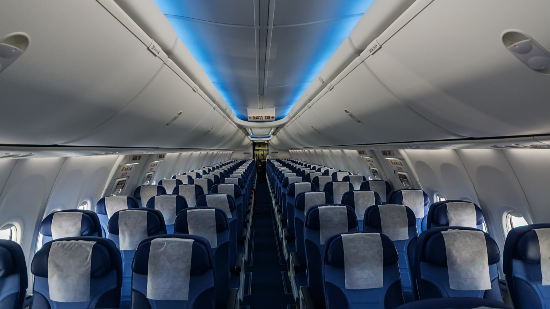
CHINESE CRUISE LINE WORKERS, LISBON
In July 2020, a travel agent asked Air Charter Service to help repatriate 200 Chinese cruise line workers during the Covid-19 pandemic.
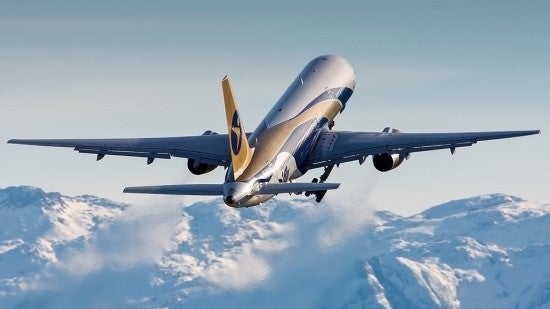
SHIPPING CREWS, MYANMAR
During the Covid-19 pandemic, a group of shipping companies asked us to assist with the repatriation of stranded seafarers back to Myanmar from destinations including the Dutch Antilles, Singapore, Nairobi, Ukraine and Cairo.

ENGINEERING WORKERS, CHINA
As the global Covid-19 pandemic continued, in June 2020 a state-owned Chinese engineering company asked Air Charter Service to help fly a group of 70 workers back from the Seychelles, where they had been based for a government related project.
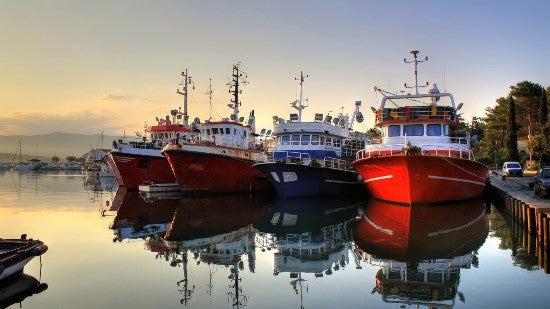
SHIP CREW CHANGE, NORWAY
During the Covid-19 pandemic, we were asked by a shipping operator who hadn’t chartered before to help fly 25 crew-members from France to a ship in Norway before returning with the previous crew. With timings tight, we sprung into action to overcome several logistical challenges and ensure both flights ran smoothly and on time.
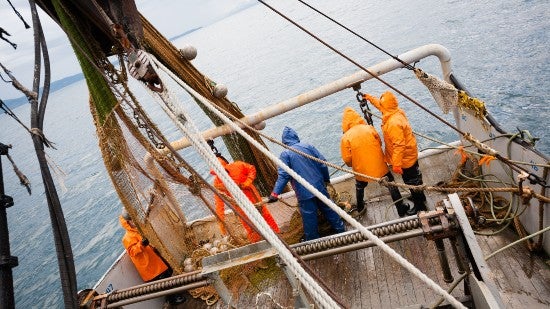
FISHING VESSEL CREWS, SEYCHELLES
When scheduled flights were compromised during the Covid-19 pandemic, a Spanish travel agent asked Air Charter Service to arrange a charter to transfer crew to and from tuna fishing vessels in the Seychelles.

NUCLEAR PLANT WORKERS, SWEDEN
Air Charter Service was asked by a French electricity supplier to transport 20 workers to Sweden during the Covid-19 pandemic to carry out maintenance work on a nuclear plant. With scheduled services cancelled and France in lockdown, we sprung into action to secure the necessary permissions and source a charter aircraft.
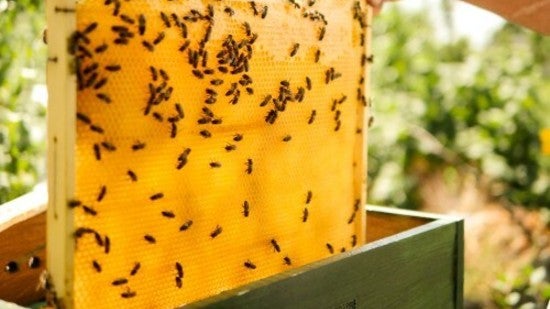
HONEY FARM WORKERS, CANADA
In the midst of the Covid-19 pandemic, the Canadian Honey Council asked Air Charter Service to fly 80 skilled seasonal workers from Nicaragua to Canada, where they were urgently needed by commercial beekeepers for the spring hive-building season.

FLYING SEASONAL FARM WORKERS
We were asked to fly over 2000 seasonal workers from Romania and Bulgaria to Germany to help farms bring in the harvest during the Covid-19 pandemic in spring 2020. There were several obstacles to overcome, including poor communication from authorities and constantly changing travel restrictions and regulations.
